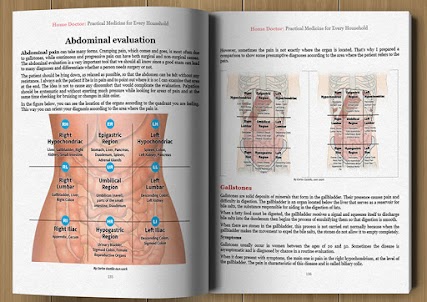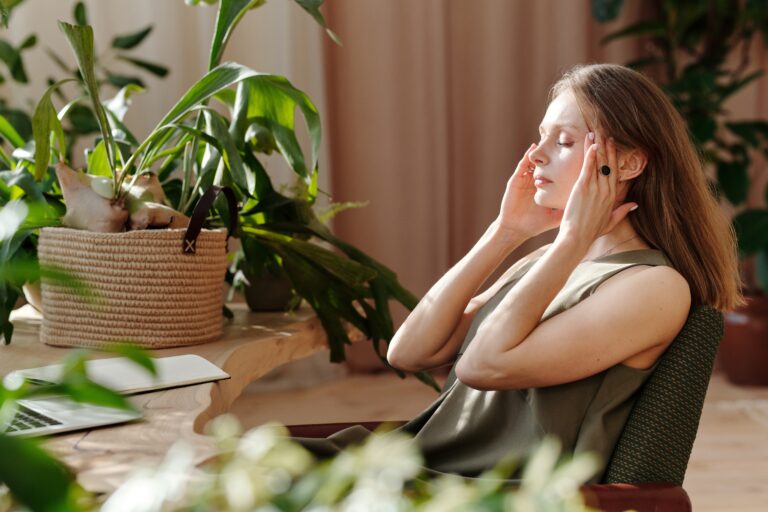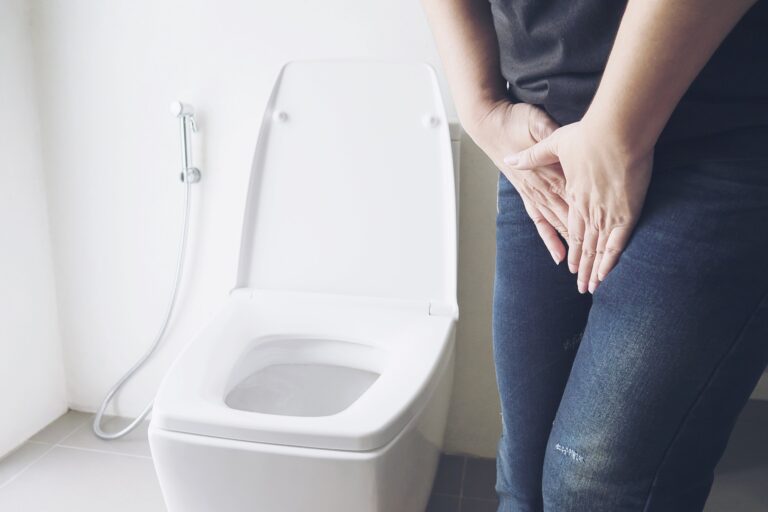Everybody needs a good night’s sleep in order to properly function the next day. It’s a basic human need just like eating and drinking. However, there are many factors that can prevent us from getting the right amount of sleep like stress, anxiety, and sleeping disorders like insomnia. Thankfully, there are simple and natural ways to help us relax and get ready for bed.
Note: Some of the links here are affiliate links. There’s NO additional cost for you, but it does help our team to earn some coffee money to help write more health tips for you.
Chamomile
Chamomile is widely used all around the world as a medicinal herb. It has calming effects and is commonly used to treat insomnia. This is due to an antioxidant called apigenin which acts as a mild sedative and relaxant, promoting sleepiness and easing anxiety.
It is most popularly taken as tea by steeping one heaping teaspoon of tea leaves to 6 ounces of hot water for 5 minutes. Another way is through aromatherapy using essential oils. This can be done with a diffuser or by incorporating it into a warm bath.
Lavender
Lavender is one of the most used plants for treating sleeping disorders. It has calming effects that help with anxiety and assists in the production of melatonin, a sleep hormone. Aromatherapy has proven effective in increasing deep sleep which is important for memory processing, often impaired in individuals with insomnia.
Unlike many essential oils, lavender oil can be applied undiluted to the skin and can be used in aromatherapy massages, warm baths, or inhalation through a diffuser. You can also spritz some on your pillow. Another way is to take it orally through capsule form or as tea by steeping 4 teaspoons of fresh lavender buds in 8 ounces of boiling water for 10 minutes.

Laguna Moon Essential Oil Gift Set
From calming lavender and soothing chamomile to refreshing eucalyptus, this set of 20 essential oils has something for everyone.
Melatonin
Melatonin is a sleep hormone your body makes in response to light. Darkness tells the body to produce it, while light stops its production. It is a natural hormone produced by the brain, but it can also be produced externally and synthetically as a dietary supplement and helps treat conditions like jet lag, delayed sleep-wake phase disorder, and pre-surgery anxiety.
Short-term use of melatonin supplements are safe, but be cautious of possible interactions with other medicines you may be taking as well as mild side effects. A typical dose is 1 to 3 milligrams two hours before bedtime and it can be taken nightly for one to two months. Stop if it is not helping after a week or two.
Melatonin may be most popular in its synthetic form, but it can also be found in certain foods like tart cherries, goji berries, eggs, milk, fish (salmon and sardines), and nuts (pistachios and almonds).
Circadian Rhythm
Your body is full of internal clocks to make sure everything is functioning as it should. The circadian rhythm refers to your body’s 24-hour cycle and is in charge of your daily routine including when you sleep. Your brain responds to environmental cues such as light and then tells the body when to produce melatonin, a sleeping hormone, based on how bright or dark the environment is. It is important to follow a good daily schedule to keep everything on track.
Yoga
Insomnia affects women more than men due to hormonal changes, but a 2020 review on 19 studies conducted in the United States concluded that yoga significantly improved sleep quality and insomnia of women. Yoga is a mindfulness-based physical activity and improves sleep quality by increasing melatonin, lessening hyperarousal, and easing anxiety. Based on the 2012 National Health Interview Survey participated by 34,525 adults, more than 55% of those who practiced yoga reported improved sleep and more than 80% reported reduced stress.
There are many styles of yoga, but for the purpose of sleeping, it is important to focus on loosening your muscles and relaxing instead of increasing your heart rate. Hatha yoga is a good example as it focuses on mindfulness, posture, and breathing techniques. You can do poses before bed at least 15 to 20 minutes daily.
Meditation
Meditation is a way to train your mind to be calmer and kinder to yourself. Mindfulness meditation has been found to be effective in treating chronic insomnia. Mindfulness has been practiced for more than 2,500 years and is a state of being aware of the present. This is done by taking some time out of your day to simply concentrate on your own breathing and let go of distracting thoughts.
There is also a 2015 study that found a decrease in insomnia among homeless women after practicing mantra repetition. Mantra repetition is another type of meditation where you repeat a calming word or phrase to block out distracting thoughts. Choose a simple and positive statement and chant this mantra mentally or out loud, keeping your focus on the words.
You can start with just 10 to 15 minutes a day and work up from there. Meditation is considered a safe practice, but can trigger strong emotions so don’t force it if you feel it causes you more turmoil.
Bottom Line
Timing and routine are big factors when it comes to sleep. Eating and drinking, including calming teas to help you sleep, should be done two hours before bed. Rigorous exercise should also be done earlier in the day while yoga and meditation can be done just before sleeping. Persistent insomnia may be due to underlying conditions so consult your doctor if symptoms persist for more than a few weeks.
Your Must-Have Guide to Ailments, Diagnosis & Unexpectedly Effective Home Remedies
Authored by 2 real doctors and a survivalist prepper, The Home Doctor, will enable you to (1) find a common “antibiotics” plant, (2) diagnose the type of abdominal pain you have, and (3) do so much more.







